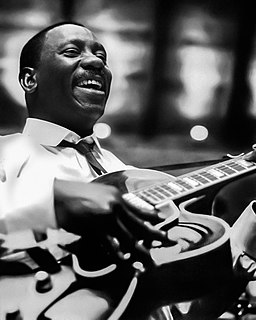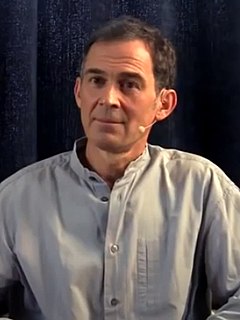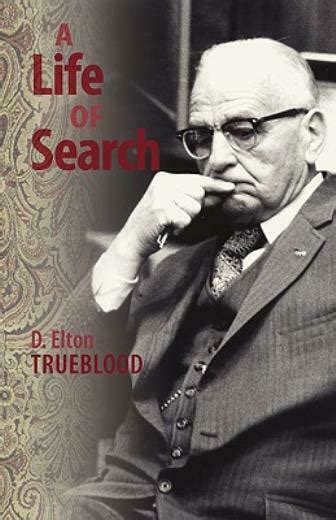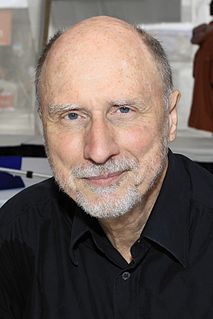A Quote by Charles Babbage
An object is frequently not seen, from not knowing how to see it, rather than from any defect of the organ of vision.
Related Quotes
The word 'idiot' comes from a Greek root meaning private person. Idiocy is the female defect: intent on their private lives, women follow their fate through a darkness deep as that cast by malformed cells in the brain. It is no worse than the male defect, which is lunacy: men are so obsessed by public affairs that they see the world as by moonlight, which shows the outlines of every object but not the details indicative of their nature.
Ideally, nothing should be embraced by a consumer firmly, nothing should command a commitment till death do us part, no needs should be seen as fully satisfied, no desires considered ultimate. There ought to be a proviso 'until further notice' attached to any oath of loyalty and any commitment. It is but the volatility, the in-built temporality of all engagements that truly counts; it counts more than the commitment itself, which is anyway not allowed to outlast the time necessary for consuming the object of desire (or, rather, the time sufficient for the desirability of that object to wane).
Five per cent vision is better than no vision at all. Five per cent hearing is better than no hearing at all. Five per cent flight efficiency is better than no flight at all. It is thoroughly believable that every organ or apparatus that we actually see is the product of a smooth trajectory through animal space, a trajectory in which every intermediate stage assisted survival and reproduction.
Natural writers will often try to force themselves into a form - novel, story, screenplay, or poem - that is not necessarily the appropriate form for the way they see the world... if, in fact, they are writing from the artist's impulse, which is a deep, inchoate vision of some sort of order behind the apparent chaos of life on planet earth, they'll be driven then to express that vision in the creation of the object - the art object.







































